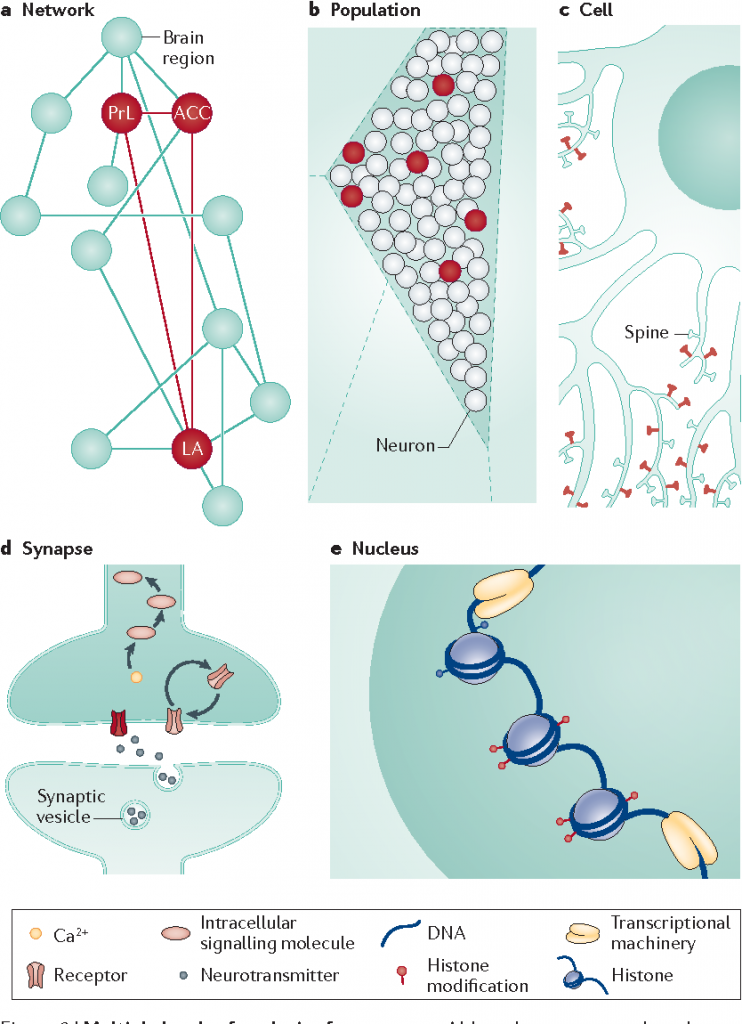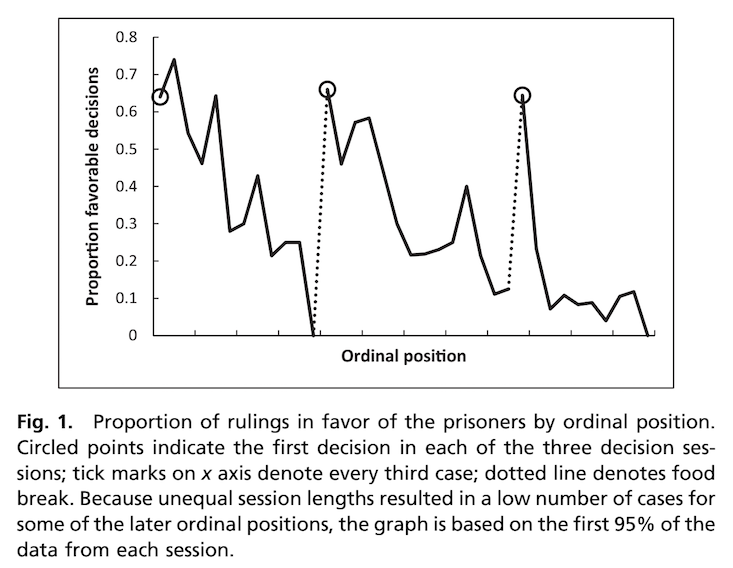Friday, 28 February 2020
The multiple levels of organization of living things: more central than ever to cognitive science

This week I want to talk about a concept that is fundamental to an understanding not only of the human brain but also of the entire human adventure in general: the various levels of organization of living systems. This concept is central to the most influential current studies in theoretical biology, if one is to judge from the article “Answering Schrödinger’s question: A free-energy formulation”, by Maxwell Ramstead of McGill University’s Department of Psychiatry and his colleagues Paul Badcock and Karl Friston, published in March 2018 in the journal Physics of Life Reviews. While I will not delve here into the details of the free-energy principle that is central to all these studies, I will describe this article as the first attempt to explain the dynamics of cognitive systems at every scale on which they occur. In other words, these three authors attempt to consider every behaviour of living beings as the product of “nested systems of systems”. (more…)
From the Simple to the Complex, Memory and the Brain | No comments
Wednesday, 5 February 2020
Blood-glucose levels influence judges’ decisions less than we think
 Science is based on empirical facts, such as data gathered in experiments. But it is also based on the interpretation of these facts, what they mean, what may have made them possible. (In scientific articles, the data—the facts—are presented in the “Results” section and interpreted in the “Discussion” section.) It should be no surprise that in any given field of science, some scientists may disagree with the way that their colleagues have interpreted certain results. Such disagreements arise in all scientific disciplines, especially in psychology, and especially when the data are very clear-cut or the correlations are very strong. And it’s just that kind of a case that I’d like to discuss in this post today (maybe in some future post, I will discuss the broader results-reproducibility crisis that has been shaking psychology for some years now). (more…)
Science is based on empirical facts, such as data gathered in experiments. But it is also based on the interpretation of these facts, what they mean, what may have made them possible. (In scientific articles, the data—the facts—are presented in the “Results” section and interpreted in the “Discussion” section.) It should be no surprise that in any given field of science, some scientists may disagree with the way that their colleagues have interpreted certain results. Such disagreements arise in all scientific disciplines, especially in psychology, and especially when the data are very clear-cut or the correlations are very strong. And it’s just that kind of a case that I’d like to discuss in this post today (maybe in some future post, I will discuss the broader results-reproducibility crisis that has been shaking psychology for some years now). (more…)
From Thought to Language | No comments







